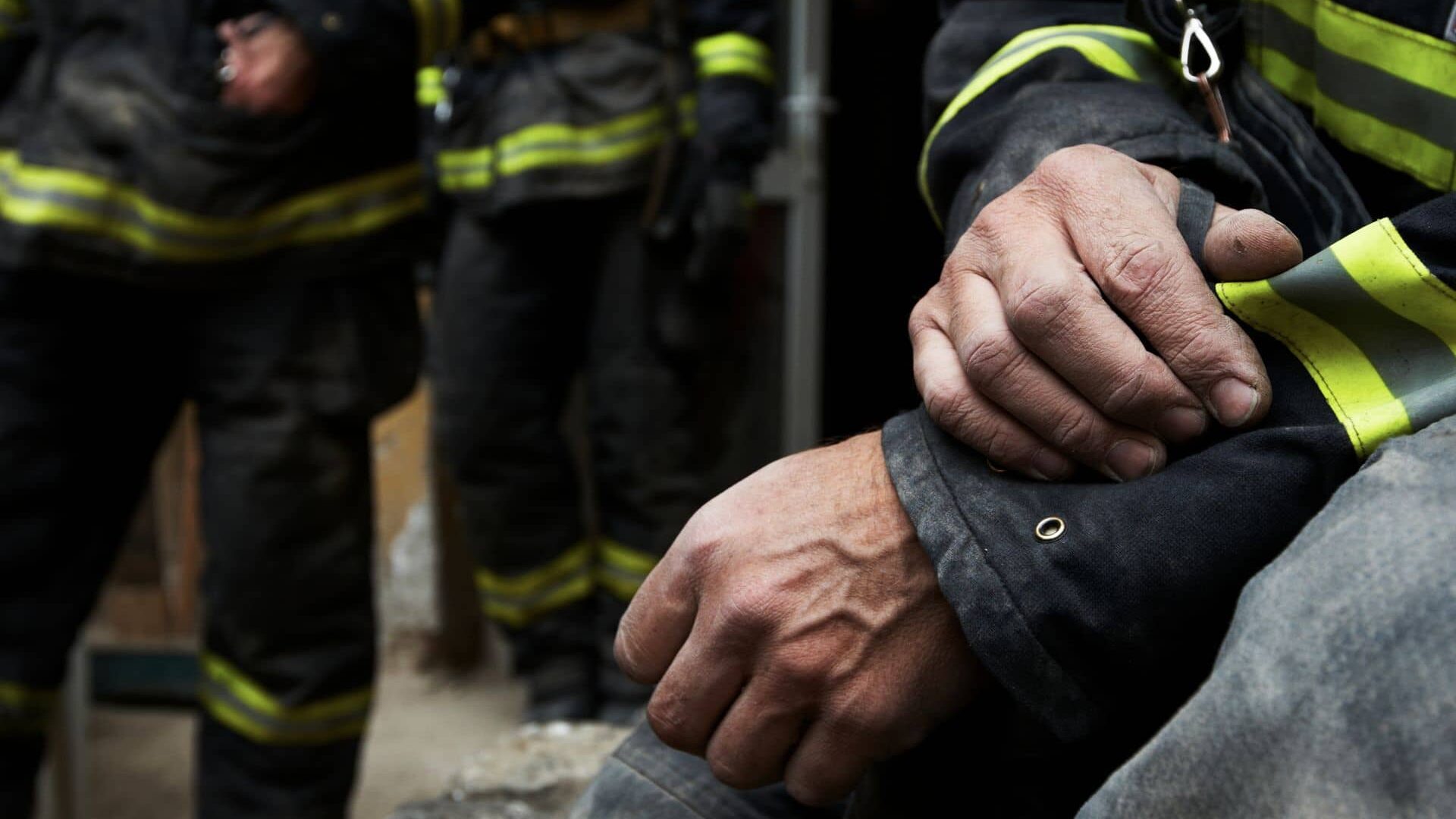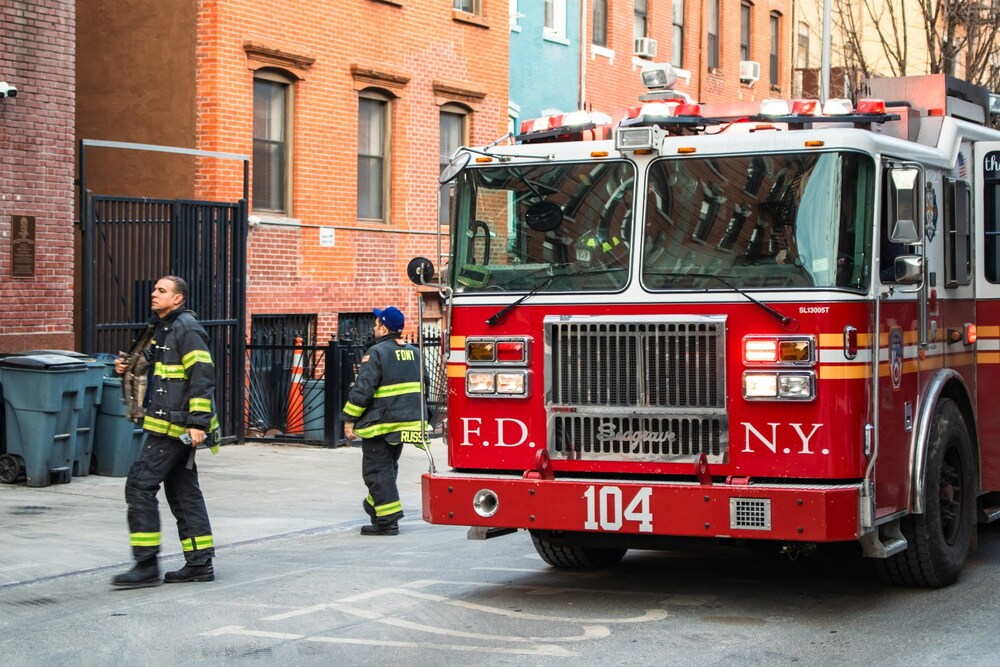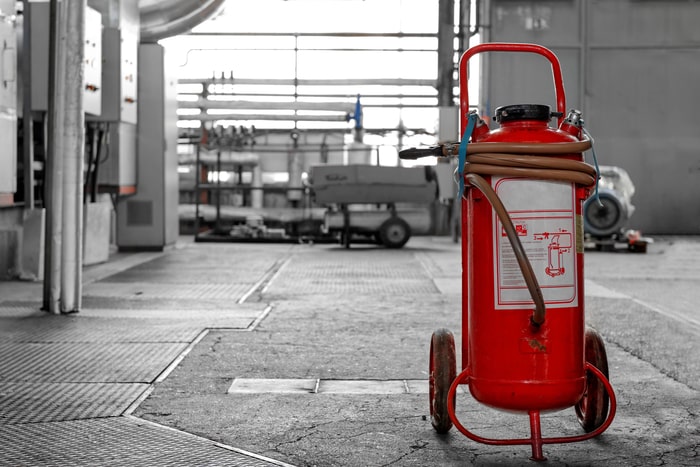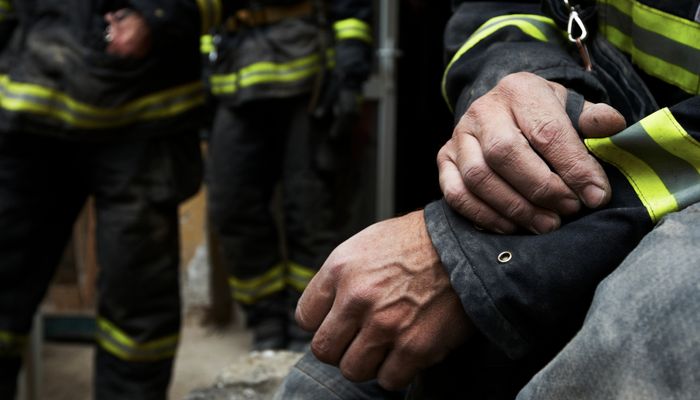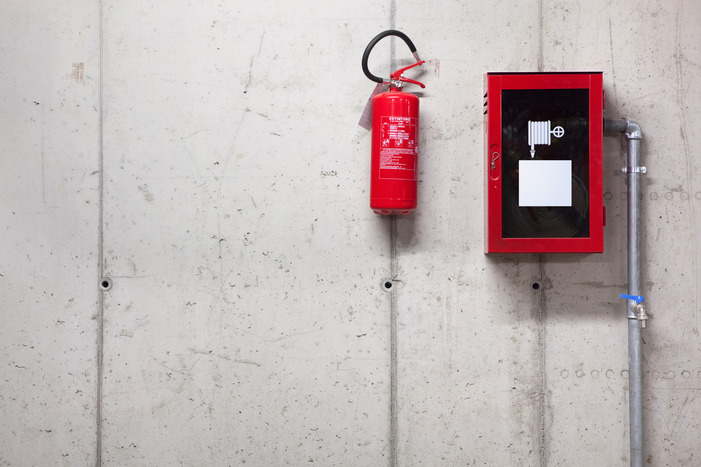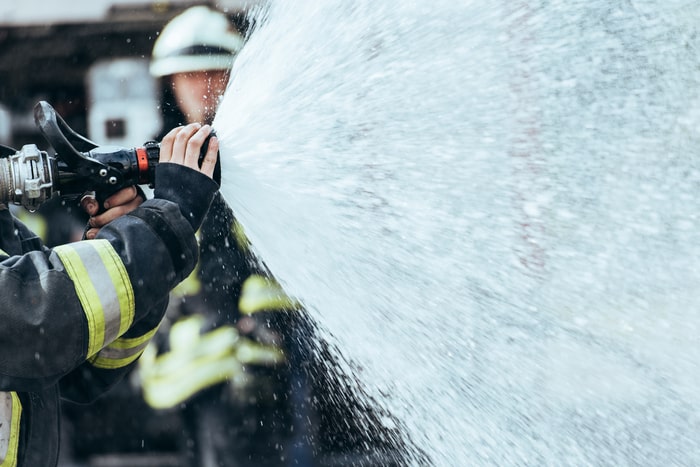Documentation Required for Fire Watch Security
Contents
Documentation for Fire Watch
When it comes to fire watch security, proper documentation is crucial for ensuring compliance and providing a clear record of your fire safety efforts. Many property managers and business owners ask, “What documentation is required for fire watch services?”
In this article, we’ll break down the key documentation requirements and explain why they matter for your fire watch program.
Documentation serves multiple purposes in fire watch security. It provides evidence of compliance with local regulations, helps identify and address potential fire hazards, and can be crucial in the event of an insurance claim or legal action. Maintaining accurate and detailed records is not just a legal requirement; it’s a critical component of an effective fire watch program.
Patrol Logs and Records
One of the primary documentation requirements for fire watch services is the maintenance of detailed patrol logs. These logs should include:
- The date and time of each patrol
- The name and certification number of the guard conducting the patrol
- A description of the areas inspected
- Any potential hazards detected during the patrol
- Actions taken to address detected hazards
- Signatures or digital verification to confirm the patrol was conducted
Patrol logs provide a clear record of the fire watch guard’s activities and can be crucial in demonstrating compliance with local regulations.
Guard Certification and Training Records
Another important documentation requirement is maintaining records of guard certification and training. This includes:
- Copies of each guard’s certification credentials
- Records of completed training programs
- Documentation of ongoing education and recertification
These records ensure that your fire watch program meets the qualifications outlined in local fire codes and insurance policies.
Communication with Local Authorities
Documentation of communication with local fire departments and other authorities is also essential. This includes:
- Written notification to the local fire department of the fire watch deployment
- A copy of the patrol schedule provided to the fire department
- Records of any communication or updates provided during the fire watch period
This documentation ensures that local authorities are aware of your fire watch program and can respond appropriately in the event of an emergency.
Incident Reports
In the event of a fire incident or near-miss, maintaining detailed incident reports is crucial. These reports should include:
- A description of the incident, including the time, location, and circumstances
- The response actions taken by the fire watch guard
- Any damage or injuries resulting from the incident
- Follow-up actions taken to prevent future incidents
Incident reports provide valuable insights into potential areas for improvement in your fire watch program and can be crucial for insurance claims.
- Maintain detailed patrol logs with dates, times, and guard information
- Keep records of guard certification and training
- Document communication with local fire departments
- Prepare and maintain incident reports for any fire-related events
Proper documentation is a critical component of an effective fire watch program. By maintaining detailed records of patrols, guard certifications, communication with authorities, and incidents, you can ensure compliance with local regulations and provide valuable protection for your property and occupants.
If you need help setting up or maintaining your fire watch documentation, feel free to reach out to our team for assistance.
